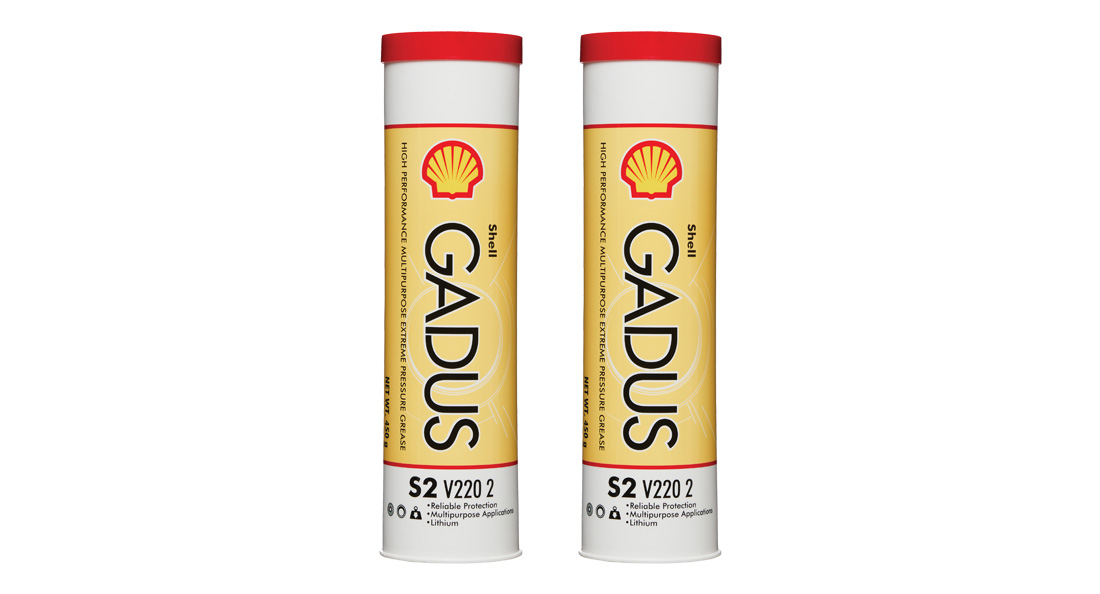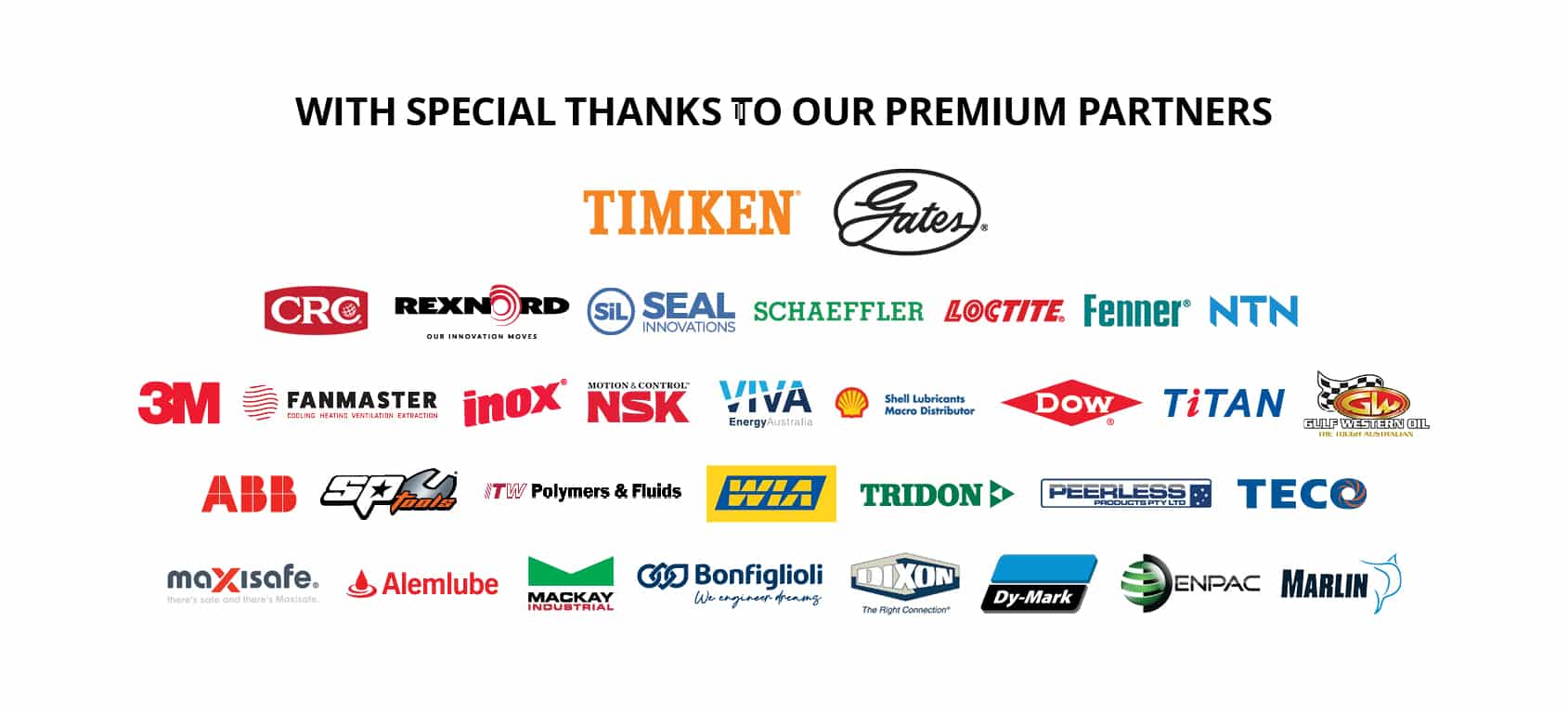
30 Oct How lubricants can help increase productivity in mines
The need for efficient mine management has never been greater than in 2020. With several mining operations impacted by the COVID-19 crisis, some mines have been forced to cut down on capital expenditure to overcome tighter cashflows. On the other hand, spikes in prices of commodities such as gold mean that miners can gain higher profits by delivering their products to the market quickly and cost-effectively.
PricewaterhouseCoopers (PwC) in its Mine 2020: Resilient and Resourceful report in June predicted that the top 40 global mining companies would lose an average of 6% in their EBTDA (earnings before taxes, depreciation and amortization) during 2020, which they would likely try to offset by as much as 20% reduction in their capital spend.
One of the ways by which mines, and other companies with heavy capital expenditure, can reduce the Total Cost of Ownership (TCO) for their assets, is through enhancing the operational performance of their machinery to reduce TCO over the life of the asset.
According to an international industry study commissioned by Shell Lubricants in 2015, 60% of companies recognised that effective lubricant selection and/or management can help reduce costs by 5% or more. The survey also found that lubricants account for around 5% of total maintenance expenditure and have the potential to impact up to 30% of the maintenance budget.
Steve Keown, CBC’s National Product Manager for Lubricants, says there are two important elements to seizing this opportunity: the first is selecting the right lubricant or grease; the second is effective lubrication management.
While selecting the right lubricant for a driveline system, Steve says base oil viscosity selection is an important parameter.
“Whether the application is low, medium, or high-speed, it will determine the base oil viscosity selection. The load on the component will also have a bearing on the base oil viscosity selected. For example, a very high load low speed application might have a base oil viscosity around 1000-1500 centistokes, whereas a general bearing application will have a viscosity around 220 centistokes. Also, if the application is shock-loaded or exposed to vibration or if it’s a pin and bush application, a product like molybdenum in the grease fortifies the grease and prevents wear from shock loads, providing a higher level of protection for the components.”
The operating conditions and sealing arrangement for the bearing will also affect the lubricant selection, according to Steve.
“If the bearing isn’t sealed very well, the use of a grease with a higher NLGI consistency number would be desirable, so we might use a NLGI 3 grease which is stiffer and therefore less likely to escape the bearing. Should the bearing be lubricated by an automatic lubrication system, a grease with a softer consistency would be more applicable, so it is easier for the lubrication system to pump it through the bearing.”
“With bearings that are exposed to a lot of moisture, select a grease with a thickener that is resilient to degradation by water. Also, in applications where an existing grease is operating, the existing product should be identified first, because not all grease thickeners are compatible with each other. If the existing grease is not purgable, consider using a grease that has a similar thickener type to make sure there’s no chemical reaction between the two greases.”
After selecting the right lubricant, Steve says the next step to enhance TCO cost savings is to ensure effective lubrication management.
“Storage and handling of the lubricant will affect its performance. So, the grease needs to be stored at a constant temperature, away from extremely cold or hot environments and in an area of relatively low humidity to ensure that the shelf life on the grease is adhered to. It is also vital that procurement and maintenance staff make sure the first product into the store is the first product out.”
CBC, together with Viva Energy Australia, assists customers in the mining and quarry industry to improve their lubrication selection by purchasing from a wide range of premium Shell products, as well as their ongoing lubrication delivery and storage, oil dispensing systems, oil analysis and other related lubrication management requirements.
CBC Sunshine has been supporting its customer, a maintenance service provider to the quarry industry, with the supply of the Shell Gadus grease products to help the customer efficiently run a cement packaging line.
CBC Account Manager, Justin Gravatt says the Shell Gadus S2 V220 2 grease was recommended by the manufacturer of the turbo fan used in the packaging line. It helps to effectively seal the equipment’s bearings in the high-dust quarry environment.
“Shell is a reputable brand and recommended by many original equipment manufacturers (OEMs) in the mining and quarrying sectors. Where we, as suppliers can add value to customers, is through helping them to rationalise the number of different greases used onsite by completing lubrication surveys and helping them with grease selection.”
“Even where the OEM has not specified a Shell product, we work with the Viva Energy Technical Helpdesk to understand the most suitable Shell alternative based on the specific application,” he adds.

